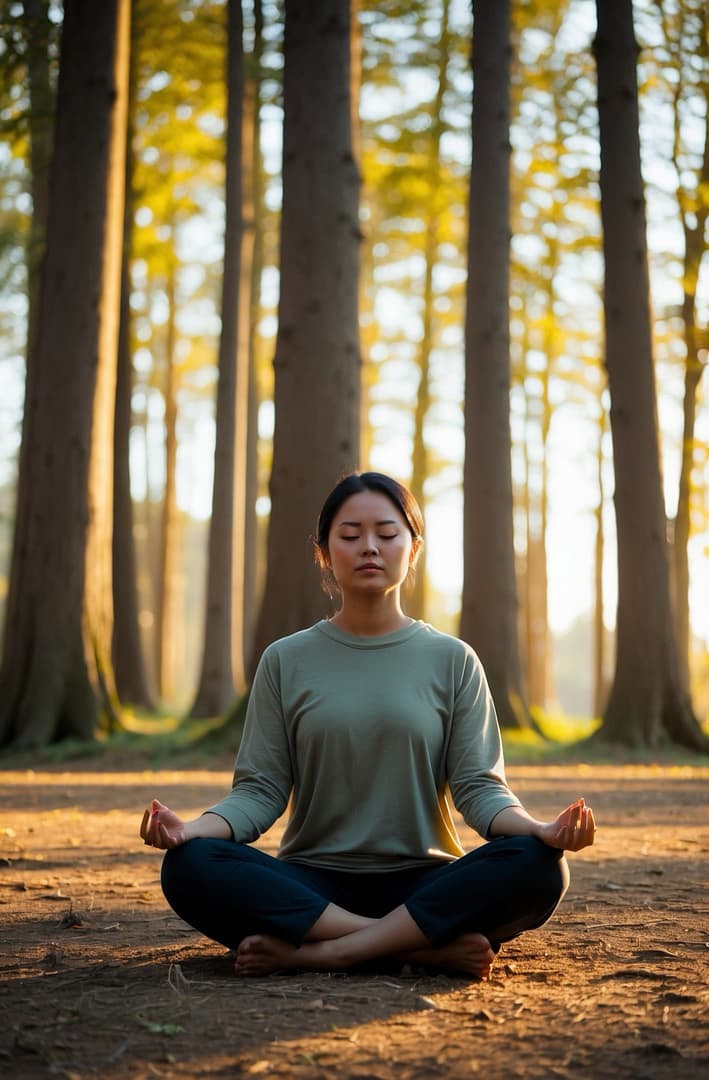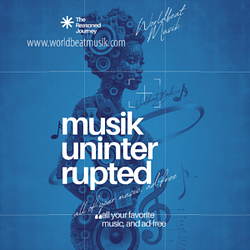There is a quiet revolution taking place—a revolution not marked by noise, or protest marches that thunder down city streets, but by the gentle act of being still. It’s a revolution that seeks not just rest for the body, but for the soul. In a world that demands our constant motion, where we are judged by our productivity, worth becomes chained to what we can create. But there are those who say no. There are those who have come to reclaim the radical act of rest. They remind us that to rest is not to surrender but to resist.
For centuries, the demands of labor, the weight of systemic oppression, and the glorification of hustle have eroded our ability to simply be. Our ancestors, who were shackled by chains they did not choose, knew this intimately. They worked without end. Rest, for them, was a whisper of freedom, a stolen moment in the night. Today, the chains may be less visible, but they have morphed into an economy that thrives on endless productivity, an insidious force that commodifies every second of our lives.
But now, rest is no longer just about the physical relief of muscles sore from labor. Rest, for many, has become an act of defiance—a radical reclamation of time, of body, of spirit. Movements like The Nap Ministry, led by Tricia Hersey, remind us that rest is not a luxury, but a spiritual practice. In their gatherings, the world slows. Cots and blankets are laid out like offerings to weary souls, and people are invited to do what society tells them they should not: to sleep, to dream, to rest. This simple act, Hersey reminds us, is not just about recuperation but about liberation.
In a society where hustle culture is woven into the very fabric of our existence, where sleep deprivation is worn as a badge of honor, rest becomes a refusal. We are told we must always be striving—striving for success, striving for the next thing, striving until we no longer recognize the person we’ve become. Yet rest reminds us we are enough, simply as we are. It reminds us that we were not created to be machines, churning out endless output to fuel an economy that devalues our humanity.
Rest, in this sense, is resistance to capitalism’s relentless demands. It is the radical claim that we are more than our productivity. To rest is to refuse to let systems of exploitation define us. It is a return to our inherent worth, a return to the sacredness of stillness.
In activist spaces, where bodies and minds are often drained from the ongoing struggle against systemic injustice, rest is not a retreat from the fight. It is part of the fight. Movements like Black Lives Matter have long recognized the importance of collective care. Burnout is real, and for those who stand on the frontlines, day after day, confronting police brutality, racial violence, and systemic oppression, rest is essential for survival. Activists are creating spaces where rest is not only encouraged but is built into the fabric of resistance. They remind us that we cannot sustain the struggle if we do not first care for ourselves and one another.
Healing justice, a framework that has emerged within these movements, teaches us that the body remembers. It carries the trauma of not just our own lives but of generations before us. It bears the burden of an unjust world. Rest, in this context, is not just about stepping back—it is about healing the wounds that have been inflicted on us for centuries. It is about reclaiming our right to exist outside of the labor demanded by oppressive systems. It is about reminding ourselves that rest is a necessary part of the revolution. Rest allows us to rise again, whole, for the battles to come.
The question often arises: “Is rest a form of resistance?” The answer echoes through history, through the stolen moments of rest taken by those whose bodies were commodified and sold. It echoes through the present-day movements that reclaim rest as a tool of liberation. Rest is resistance because it says: I am more than what I produce. It says: I refuse to be exhausted into compliance. It says: My body, my time, my spirit—these belong to me.
The practice of spiritual stillness, intertwined with the act of rest, leads us to a deeper place. Many have turned to mindfulness and meditation, ancient practices that are finding renewed significance in modern movements. These practices teach us that to be still is to know ourselves again. It is to find peace amidst the chaos, to return to the inner sanctuary that the world tries to strip away from us. “How does rest affect mental health?” people ask, and the answer is layered, like the breath that slows when we close our eyes. Rest quiets the mind. It stills the racing thoughts that tell us we are not enough. It allows us to process, to heal, to connect to the deeper parts of ourselves that hustle culture tries to bury.
And yet, rest is not only for the individual. It is also for the community. In many movements for justice, there is a return to communal rest. In these spaces, rest is shared. It becomes a collective act, where we not only rest ourselves but encourage those around us to rest as well. When we rest together, we create a culture that resists the forces of capitalism and racism that tell us we must always be striving. We build a community that values care and stillness, a community that understands rest as a shared right.
Rest-centered spaces are being created in workplaces, in community centers, and in homes. These spaces, both physical and emotional, are safe havens where people can find the stillness they need to heal. There is a growing movement advocating for the four-day workweek, for shorter work hours, for labor conditions that honor the need for rest. These efforts are not just about productivity; they are about reclaiming our time from a system that seeks to consume it all.
When we ask, “Why is rest important in activism?”, the answer is as simple as it is profound: because we cannot fight if we are broken. We cannot stand if we are crushed by exhaustion. Rest is necessary for survival. It allows us to sustain the work, to nourish our spirits so that we may continue the struggle for justice.
In this world, which pulls us in every direction, which tells us we must always be more, always be doing more, rest offers us another way. Rest is the radical act of stepping back, of saying no to the demands that seek to grind us down. It is the moment we reclaim ourselves, our communities, our ancestors, and our future.
The revolution will not be hurried. The revolution will rest.
Discover more from The Reasoned Journey
Subscribe to get the latest posts sent to your email.


